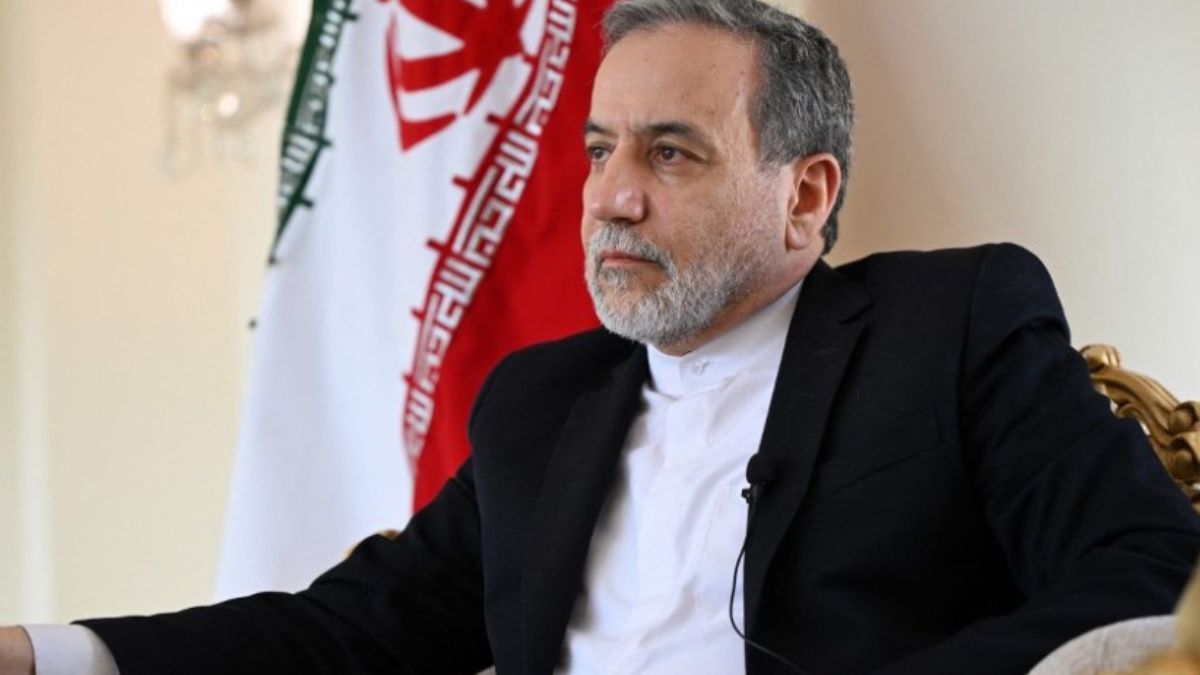Iran's warning: 'Will hold US accountable for possible Israeli strike'
 Abbas Araghchi | AFP
Abbas Araghchi | AFP
As the fifth round of nuclear talks begins in Rome on Friday, Iran has issued a stark warning that it will hold the United States responsible for any Israeli attack on its nuclear facilities. The warning follows intelligence reports in the American media suggesting that Israel may be preparing for military action if negotiations collapse.
Iran’s Foreign Minister, Abbas Araghchi, said in a letter to the United Nations that Tehran would deem the US legally accountable in the event of an Israeli strike. He made clear that Iran viewed Washington as a participant in any such operation and would not absolve it of blame.
He also warned that Iran would respond forcefully to any threat or unlawful action by Israel and that his country may take unspecified protective measures to shield its nuclear programme—measures the UN nuclear watchdog, the IAEA, would be informed of only after implementation.
Araghchi wrote to the UN following reports by CNN and Axios, which quoted sources from American and Israeli intel suggesting that Israel could launch a swift strike on Tehran’s nuclear facilities if the talks with the US fail. While some analysts have interpreted them as psychological tactics by the US to put pressure on Iran ahead of the latest round of talks, Tehran has taken them seriously.
Also read: 'Bibi waiting for talks to collapse, Israeli attack on Iran will be quick, week-long': Report
An adviser to Iran’s Supreme Leader had previously suggested that the Islamic Republic could suspend its cooperation with the IAEA or relocate enriched uranium to undisclosed sites for safety.
Meanwhile, Iran’s Islamic Revolutionary Guard Corps (IRGC) issued its own warning, saying that any Israeli attack would be met with a devastating and decisive response. A spokesman for the IRGC said that Israel was trying to intimidate Iran with the prospect of war but was underestimating the depth of popular and military support the Islamic Republic could draw upon in a conflict.
Tensions have been escalating not only over possible military action but also over the central issue of uranium enrichment. Ayatollah Ali Khamenei recently called US demands for Iran to cease enrichment "excessive and outrageous", and expressed little hope that the talks would result in a successful agreement.
The United States, represented by special envoy Steve Witkoff, has insisted that Iran must end all enrichment activities as a condition for any deal. While the original 2015 nuclear agreement allowed Iran to enrich uranium up to 3.67 per cent for civilian use, Iran has since increased enrichment to 60 per cent—just below weapons-grade. Witkoff has reportedly maintained that zero enrichment is the only way to eliminate the risk of Iran developing nuclear weapons.
Araghchi noted that US officials had expressed a more nuanced position in private talks than in public statements, suggesting some divergence between the two settings. Nonetheless, enrichment has become the central battleground in the negotiations.
Calling for swift action from international bodies, Araghchi urged them to intervene before Israeli threats escalated further, warning that Iran would be compelled to act if left unprotected. "Let there be no doubt: any adventurism by the Zionist regime will be met with a decisive, proportionate response," he said. "Our patience has limits, but our resolve does not."
Middle East